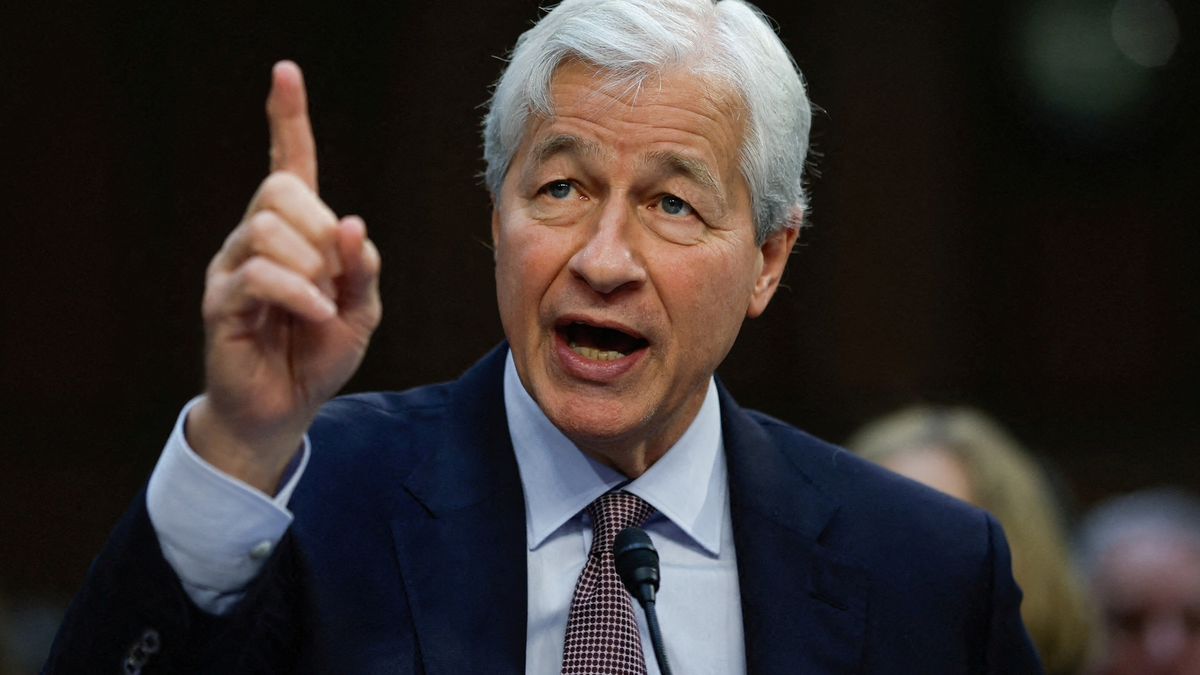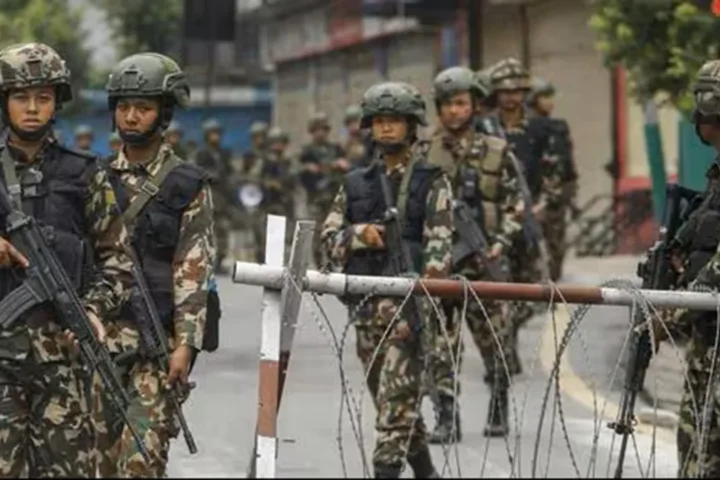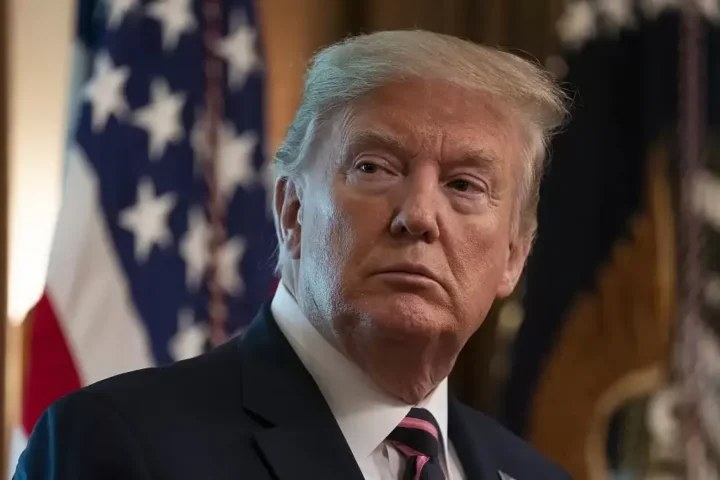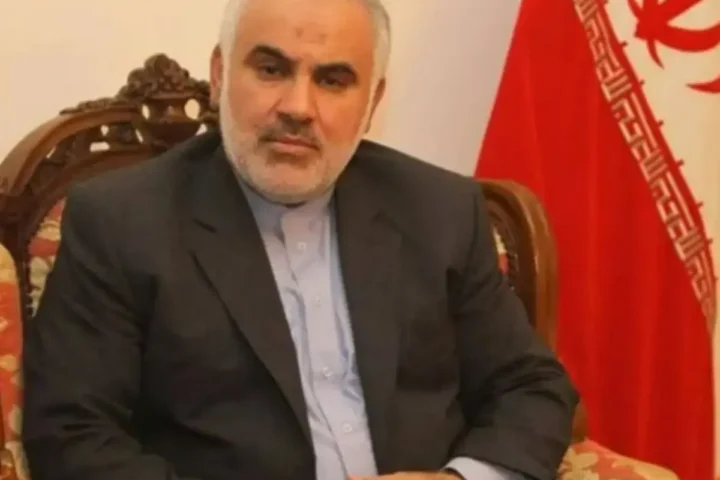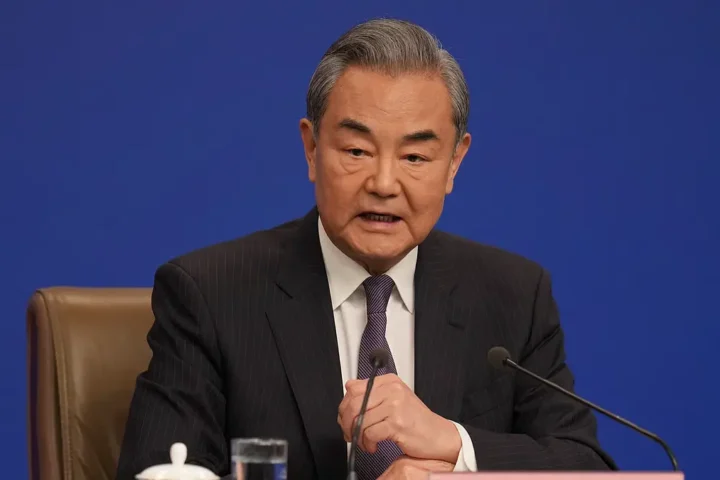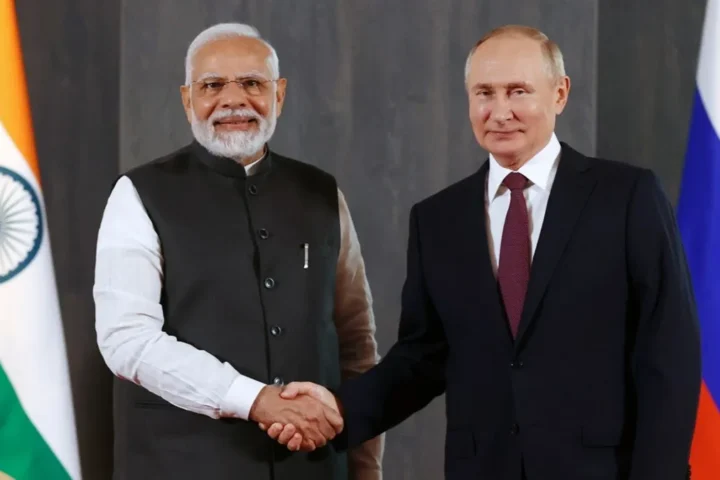JP Morgan Chase & Co. CEO Jamie Dimon has warned that the United States (U.S.) may be on the brink of a recession if recent tariff hikes are not rolled back. In his annual letter to shareholders, Dimon pointed to rising inflation, weakening investor confidence, and a slowdown in growth as direct consequences of the administration’s protectionist policies.
Tariffs Driving Inflation and Slowing Growth
Dimon’s warning comes shortly after the U.S. imposed 26 percent tariffs on Indian imports and 10 percent tariffs on Brazilian goods, a move that has triggered concern among economists and business leaders worldwide. According to Dimon, these measures are already beginning to inflate prices and disrupt supply chains.
“The recent tariffs will likely increase inflation and are causing many to consider a greater probability of a recession,” Dimon stated. He added that even in the absence of a full-blown recession, the current policies are likely to slow down economic growth and create long-term instability.
He emphasized that the impact of tariffs is not limited to imported goods. Rising input costs and shifts in consumer demand are also expected to drive up prices for domestically produced products. “We are likely to see inflationary outcomes on both imported and domestic goods,” he explained. “As input costs rise and demand grows for domestic alternatives, prices will inevitably go up.”
The broader economic environment remains volatile, Dimon added, pointing to high asset valuations, sticky inflation, geopolitical conflicts, and rising fiscal deficits.
Strengthening Trade Relations with India and Brazil
Instead of imposing rigid trade demands, Dimon believes the U.S. should focus on fostering stronger relationships with nonaligned economies like India and Brazil. “We don’t need to ask many nonaligned nations like India to align with us — we can bring them closer by simply extending a friendly hand through trade and investment,” he wrote.
Dimon stressed that the U.S. currently lacks comprehensive trade agreements with several key allies, and rebuilding those ties is essential for economic and geopolitical stability.
The call for a shift in trade strategy was echoed by Pershing Square CEO Bill Ackman, who warned that America’s standing as a global trading and investment hub is eroding. “We’re in the process of destroying confidence in our country as a reliable business destination,” Ackman said.
Republican Senator Ted Cruz also highlighted the political risks of an economic downturn, cautioning that “2026 could politically be a bloodbath” if a recession takes hold.
Despite the growing criticism, President Trump remains steadfast in his approach, calling tariffs an essential “economic medicine” necessary for long-term recovery.
As global markets remain volatile and inflation pressures continue to rise, business leaders and analysts are urging a reassessment of U.S. trade policies—particularly with vital partners like India.
Interesting Read
Conclusion
The economic warnings from top financial leaders signal an urgent need for the U.S. to reconsider its trade strategy. With inflationary pressure mounting and global trust in American trade policy waning, experts agree that fostering stable, cooperative relationships with nations like India and Brazil may be the key to safeguarding the U.S. economy. Failing to do so could not only hinder economic growth but also destabilize the political landscape ahead of a critical election cycle.

